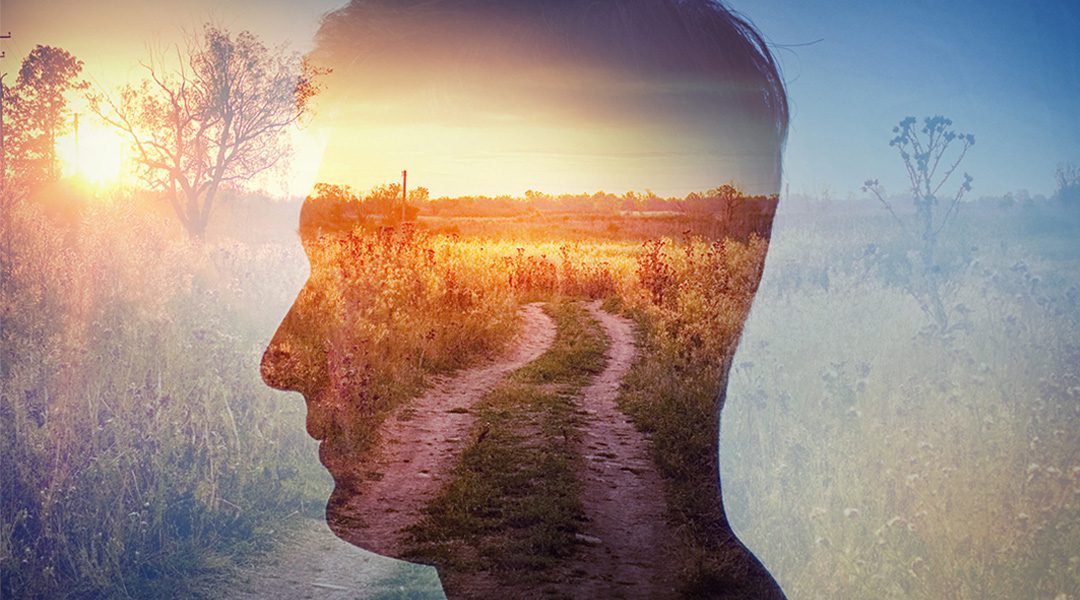When addressing addictions, a one-size-fits-all approach often fails. Yoga of Recovery founder Durga Leela shares two insights that were key to her own recovery. By using Ayurveda to complement Western therapy, Yoga of Recovery has changed thousands of lives.
There were two main aspects of Ayurveda that I found fascinating to my path of recovery—
fascinating enough to bring me to study, practice, and teach some aspect of Ayurveda every day for the last fifteen years.: The idea of constitution and the causes of disease according to Ayurveda.
Ayurveda is a humanistic and person-centered medicine. Allopathy is a disease-based medicine model that struggles to find an adequate, comprehensive description of the addiction problem. Addiction is a “significant social plague” that takes many forms in our modern-day society…It is a disease of spirit, mind, and body. And for that, we need an understanding of ourselves at each of these levels and also an understanding of the disease at each aspect of our being, so we can live the solution.
Constitutions in Ayurveda
In early recovery, I often struggled with my emotional reactions and lack of energy. I also lacked a sufficient sense of self, so I constantly compared myself with others around me. The 12 Steps talk about our habit of comparing your insides to others’ outsides—I understood that, and it helped a lot, but I just did not understand my own system very well—it was in need of repair.
I was attempting to feel better by implementing diet and exercise principles offered by the “experts”—the “one size fits all” school of wellness, and most did not suit me at all. I always felt I was “lacking in something,” that I just could not commit or sustain as well as others, so I could not be as energetic or happy as they seemed to be.
I resonated with the idea of constitution immediately, and could easily relate to the apparent differences I saw in both the physical structures and mindsets of the friends around me. Very quickly, it allowed me to release self-judgment and come to self-acceptance.
The idea of constitutions resolved many of my “shoulds”—I should be less angry, I should be more energetic, I should be more successful etc. Also, it helped me release judgment around others—they should be more considerate, they should not start things and not finish them, they should be less dramatic, etc. I also saw how my compatibility with others was sometimes drawn from their constitutional proclivities balancing out my own and how my difficulty with some personalities were a clash of those tendencies.
I always felt I was “lacking in something,” that I just could not commit or sustain as well as others…
“Like increases Like” is the basis of Ayurvedic medicine. I felt this at the level of relationships, especially in rooms filled with people suffering from the “character defects” that underlie all addictions—the one that is most ubiquitous being our tendency toward codependency—our ability to see in the other what is wrong but not be able to see or deal with it in ourselves.
The fact that Ayurveda offered solutions for every aspect of this relational problem with self and others was miraculous to me. I love how Claudia Welch recently stated the Ayurvedic principle of “opposites reduce” to a profound healing statement of “treat complex with simplicity.”
So many areas of my life were out of balance and Ayurvedic medicine gave me a simple, cumulative solution encapsulated in one of the words for health, “svastha”—to be established in the self. For this, I turned my attention within to gauge my own reaction to my lifestyle choices rather than blindly follow more “good advice” from the “experts.”
I learned more about myself in just a few months than I had in the previous 30+ years, and I recognized my own inherent wisdom and experience as trustworthy guides on my recovery path. Knowledge of my constitution helped me identify my own “stress-signature” and what pacified and aggravated that within me.
I turned my attention within to gauge my own reaction to my lifestyle choices rather than blindly follow more “good advice” from the “experts.”
I was becoming able to care for myself—balancing the life force within me through understanding simple qualities of dry/moist, heavy/light, mobile/stable, and cold/hot. I smile as I share this profound simplicity that health is elemental! We are all spirit embodied in an elemental outfit—I can accept and work with the diversity of spirit coming through air, fire, or water types – seeing the similarities and honoring the differences allowing me to live and let live.
Disease, According to Aryurveda
The Ayurvedic view of disease then allowed me to move further into my solution. In the 12 Steps, addiction is described as a spiritual malady; Ayurveda describes all disease as “forgetting our true nature is spirit.” Dominated by the ego (sense of separateness and individuality), we live our lives as sensory beings. In the pursuit of pleasure through the senses we tend to overindulge. In Yoga this is described as our spiritual ignorance.
This was very interesting to me as it fit with what I’d been told in AA—that addiction was a “spiritual malady” and that I was “spiritually sick.” I had never considered that prospect/explanation before entering AA. Until then I just thought I was weak and lacked willpower; the more efforts I made to stop drinking, the more I felt like an utter failure, never being able to manage what I set out to do.
From there Ayurveda recognizes a three-fold cause, and as soon as this was described to me I clearly recognized how this correlated with the definition of addiction from the Big Book of Alcoholics Anonymous:
| Ayurveda’s 3-Fold Cause of Disease: | the Big Book of AA Describes the Problem of Alcoholism as: |
|---|---|
| 1. Misuse of the senses | 1. A manifestation of an allergy which brings on the phenomenon of craving |
| 2. Misuse of the Intellect/ Crimes against wisdom |
2. Problem of mental control; most powerful desire to stop drinking is of absolutely no avail; control—obsession; strangely insane |
| 3. Decay due to time | 3. A progressive illness |
When I learned this, I knew I had found what I had been looking for. The cause was spiritual, mental, and physical and the effects worsened over time. This was how I had experienced all the suffering of addiction, both in myself and in others around me. It was very clear to me that this was what I and many addicts needed, a holistic system of medicine based in consciousness to treat the root cause of addictions.
This post is an edited excerpt from Ayurveda Journal of Health, vol. XIV, issue 2, Spring 2016, (16–21). Read the full, uncut article here.



